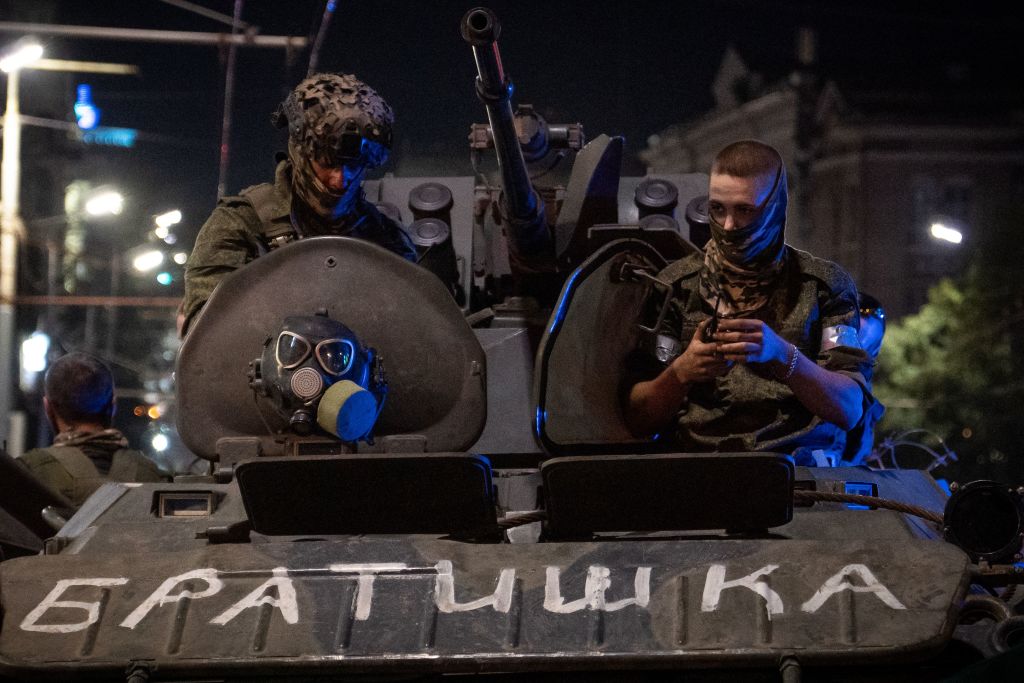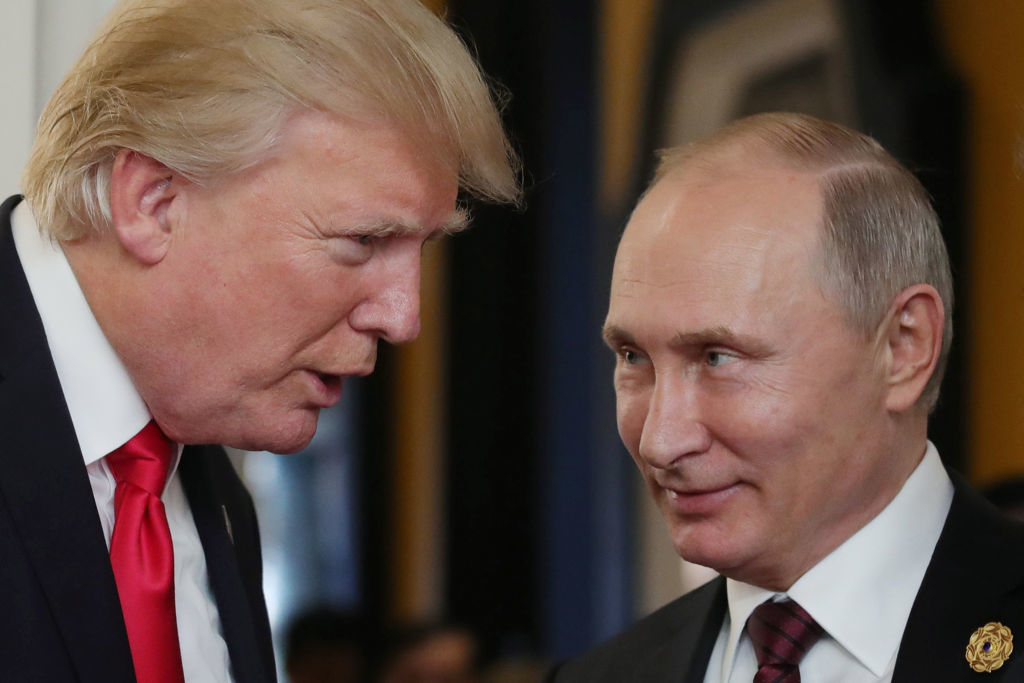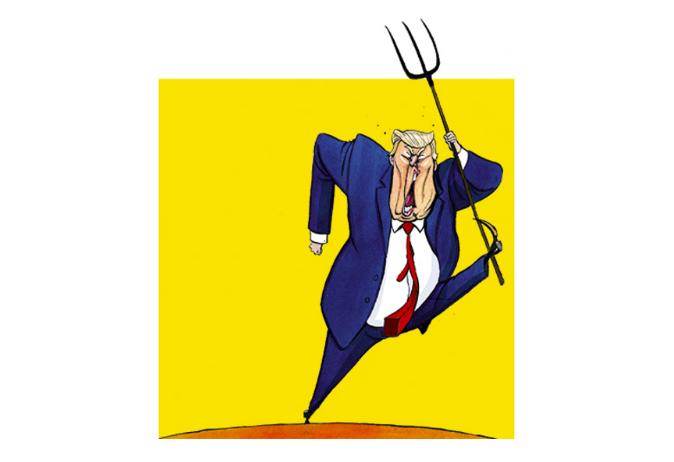Yevgeny Prigozhin’s rebellion against the Russian military and political leadership may have stopped some 120 miles short of Moscow, but its reverberations will be felt in the Kremlin for a long time. The march, and the images of people in Rostov cheering Wagner fighters and hissing at the police, was a rare and unwelcome insight into what Russian politics could look like after Putin is gone.
Those who greeted the Wagnerites with baked goods and refreshments suggested that the fighters were ordinary folk like us, from the “narod” (people). This speaks to Prigozhin’s perceived authenticity in Russia — an attribute in short supply in Russian politics generally — and also to the deliberate detachment of so many Russians from the political elites.
With his criminal backstory and tough talk, Prigozhin has cultivated a persona that echoes Putin’s own. From the early days of his presidency, Putin presented himself as a normal bloke (muzhik) facing down the oligarchs, threatening to whack terrorists in the outhouse and making geopolitical observations using bawdy jokes. Since 2012, Putin has entrenched that image by delegitimizing any political opposition as part of an out-of-touch liberal elite, in hoc to the West and removed from the concerns of real Russians.
The so-called Red Belt — areas that voted Communist in the Yeltsin era — is the heartland of Putin’s “real Russia.” Much of the Red Belt is located in Russia’s Southern Federal District, including the regions of Rostov and Voronezh taken by Wagner forces this weekend. Many in the Red Belt were disappointed by the realities of the shock transition to capitalism and the rigged version of democracy that replaced the USSR. When Putin came to power, he won over disillusioned Red Belters but Prigozhin’s recent antics have undermined his present unsuitability for the role of muzhik-in-chief. By tapping into anti-elitism and nationalism — forces that will be potent when Putin is gone — Prigozhin forced the Russian president into the unenviable position of defending disliked corrupt elites.
Of course, Wagner’s mutiny was far from universally popular. It appears to have had more support in Rostov than Voronezh, for a start. And the vast majority of people did not come out to celebrate Wagner’s seizure of Rostov. A few even went onto the streets to reprimand the fighters.
Yet just twenty-four hours after the mutiny, Wagner fans have continued to argue that the mercenaries were right because they were fighting for the Russian people. Local media outlets and Telegram channels depict Wagner with understanding and sympathy. Some articles are outright positive.
This enthusiasm perhaps reflects some of Prigozhin’s other talents. He oversees a sprawling PR empire that covers everything from troll factories to films, including glitzy blockbusters that glamorize Wagner fighters’ grisly exploits around the world. Moreover, Prigozhin has long operated with the Kremlin’s blessing. He has been a useful outlet for policy criticism, allowing angry patriots to let off steam at military failures, and letting the Kremlin track when public resentment might be getting out of hand. At least, that was the theory until yesterday. From now on, there will presumably be a much tighter grip on public criticism.
More worrying for the Kremlin than the way Rostov welcomed Wagner is that Russians implicitly understand what motivated the uprising: the incompetent way the war on Ukraine is being waged. Even among people who were relieved to see the mercenaries leave, there was sympathy for their criticisms of the war and the top military brass. It is reported that some of Putin’s closest allies share these concerns.
What happens next with Prigozhin is uncertain, as is the fate of both his loyalist fighters and his enemies in the military high command. It is hard to imagine that there will be many winners after this audacious mutiny, although the losers at least are clear: the Russian people. The damage has been wrought not so much by the rebellion but by the glimpses of Russia’s political future. Scores of Russians met a bunch of infamously brutal ex-convict mercenaries with joy. And even more concerning is the fact that these war criminals were the only ones in a position to usurp Putin.
This article was originally published on The Spectator’s UK site.

























